Brazil’s President Lula commits to stronger ties with Mozambique on fourth visit
Mozambique: Former President Chissano calls for involvement in pacification
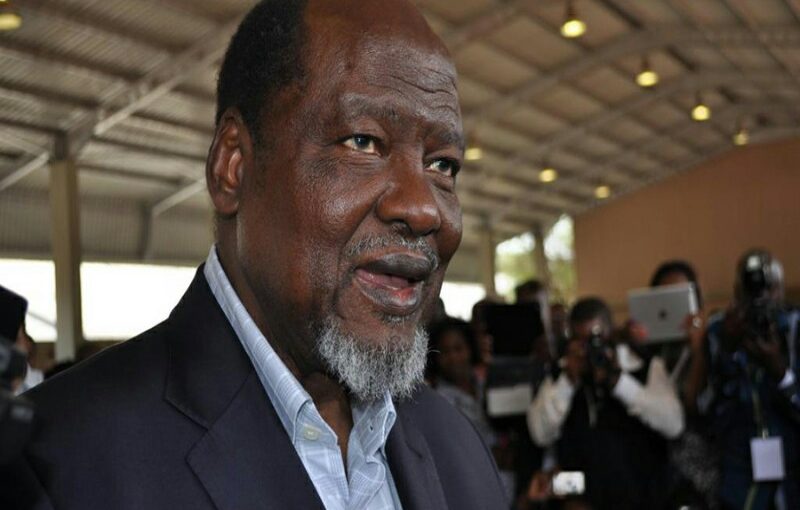
File photo: Lusa
Mozambique’s former president Joaquim Chissano on Thursday (December 26) called for everyone to be involved in the pacification of the country, highlighting the dialogue between the government and Renamo, the main opposition force, as fundamental for definitive peace in Mozambique.
“It is our task to continue working for reconciliation to take place definitively,” Chissano said, speaking on the sidelines of a public event in Maputo.
“There is a part of Renamo that agrees to continue the dialogue and the other part that does not.”
At stake are the attacks that have been recorded in the provinces of Manica and Sofala, in the two main road corridors of the country, the National Road 1 (EN1), which connects the north to the south of the country, and EN6, which connects the port city of Beira with Zimbabwe and other countries of southern Africa.
At least 21 people have died since August as a result of armed attacks on vehicles on the region’s main roads, and authorities have held a group of Renamo (Mozambican National Resistance) guerrillas, who are considered deserters by the party, demanding the resignation of the current leader, Ossufo Momade, and the renegotiation of the peace agreement signed in August.
The former Mozambican president said it was necessary to recognise those who remain outside the march for reconciliation and definitive peace.
“All the Mozambican people should not tire of working to make this happen,” added Joaquim Chissano.
The incursions take place in a Renamo stronghold, where the guerrillas confronted the Mozambican defence and security forces and hit civilian targets until the December 2016 ceasefire.
Officially, the party is moving away from the current incidents and claims to be complying with the disarmament actions contained in the Peace and Reconciliation Agreement of 6 August of this year, but a group led by Mariano Nhongo (General of Renamo) remains entrenched, demanding better conditions for demobilization.
In addition to central Mozambique, the regions of Cabo Delgado, in the north of the country, face situations of insecurity, with some districts of the provinces being targeted by armed attacks on civilian vehicles, authorities and villages by unknown groups since October 2017.
Joaquim Chissano understands that it is difficult to find a solution to the problem of insecurity in Cabo Delgado, given that the groups have not yet been identified.
“The solution is to continue the search until we find where to take this issue to be resolved. If those who perpetrate these atrocities are Mozambicans, I hope they will come to consciousness and if they are foreigners the world can influence for positive change,” said the former head of state.
As a result of the attacks in Cabo Delgado, at least 300 people died and about 60,000 were affected or forced to leave their lands and places of residence, according to the latest review of the UN global humanitarian aid plan.
Since June this year, the jihadist Islamic State group has claimed some of the attacks, but authorities and analysts heard by Lusa have found it scarcely credible that there is genuine involvement by the terrorist group that goes beyond some contact with elements on the ground.
The attacks affect districts close to the areas of natural gas exploration projects and, in concerted actions with oil companies that build the largest natural gas megaprojects in Africa, the government has intensified the military response with logistical support from Russia, but the episodes continue and are disrupting the works on the Afungi peninsula.


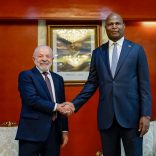
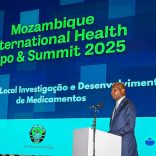
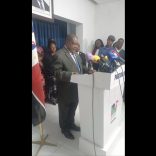

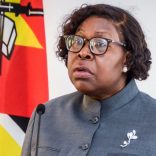





Leave a Reply
Be the First to Comment!
You must be logged in to post a comment.
You must be logged in to post a comment.